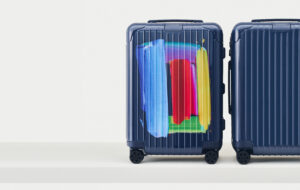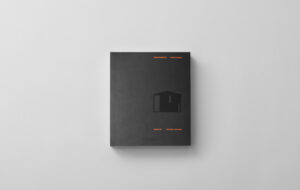|
|
||
|
Desperate to contain a growing revolt last year, Egypt’s doomed Mubarak regime clamped down on phone use. Ramy Raoof was there Over many years we were aware of many examples of monitoring and surveillance in Egypt and other Middle Eastern countries. The main governmental agency doing this was the state security service in coordination with telecoms and internet companies. Vodafone’s global head of content standards, Annie Mullins, revealed that Vodafone handed over communications data to the Egyptian authorities in response to their demands. Also there were several protests and demonstrations where 3G connections and SMS and phone calls didn’t work. After the revolution when Egyptians stormed the security service headquarters, they found documents showing the kind of coordination that had been taking place. At noon on 25 January, before anything had happened and before we realised that it was a revolution, the telecommunications companies shut down the mobile lines of several activists, including me, and hotline numbers. When we called customer service to check why, the answer was: “For security reasons” and, “Some clients have been chosen to have their services closed.” After 25 January there was a sequential crackdown on different communication platforms. Every time they closed a platform we switched to another way of documenting and exchanging information, either between us in Egypt or between Egypt and the outside. We always had a Plan B. Of course at some points we completely failed to communicate. My role during the 18 days of the revolution changed depending on our communication and on developments on the ground. In the beginning, I was coordinating the communication between demonstrators and lawyers and doctors, to provide legal and medical aid, and of course documenting events. Then, the role shifted to documenting on the ground from field hospitals and providing direct help, as well as aggregating and publishing multimedia content. Video streaming app Bambuser and other online tools were only useful when we had access to 3G. It was very important to use such tools because there was – and there still is – a big gap between what individuals posted and circulated and what the state-run media broadcasted and published. It was necessary to show what we experienced, to prove that the government was lying and to show the truth. I wrote my guide to using mobile phones for activists to share my experiences with others so they can avoid problems and do what they want to do in better, more secure ways. The whole guide is a kind of summary to what I and others do. It works in practice because the guide is coming from practice! Ramy Raoof is the editor of the Egyptian Blog for Human Rights: ebfhr.blogspot.com |
Image Andy Gilmore
Words Ramy Raoof |
|
|
||



















